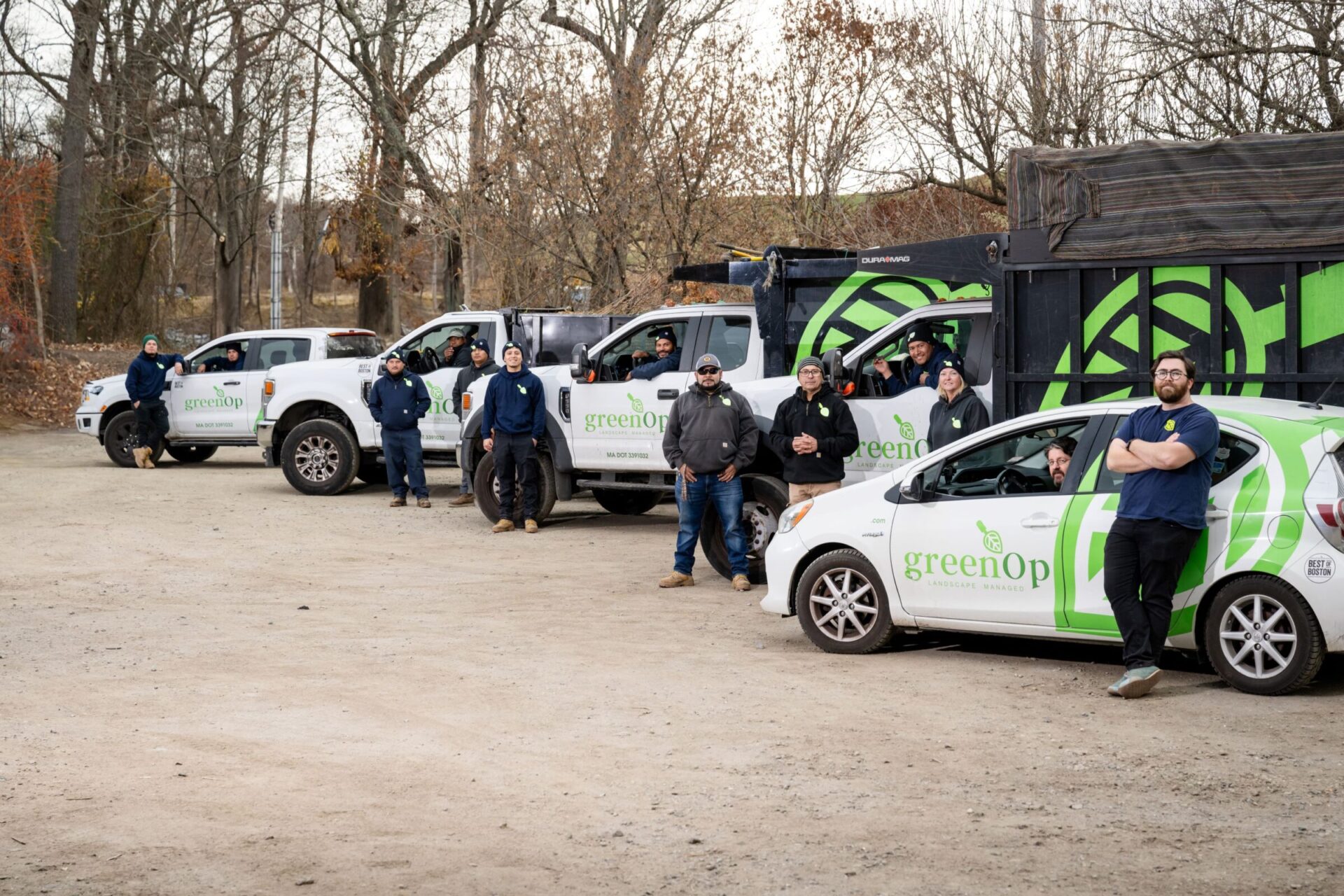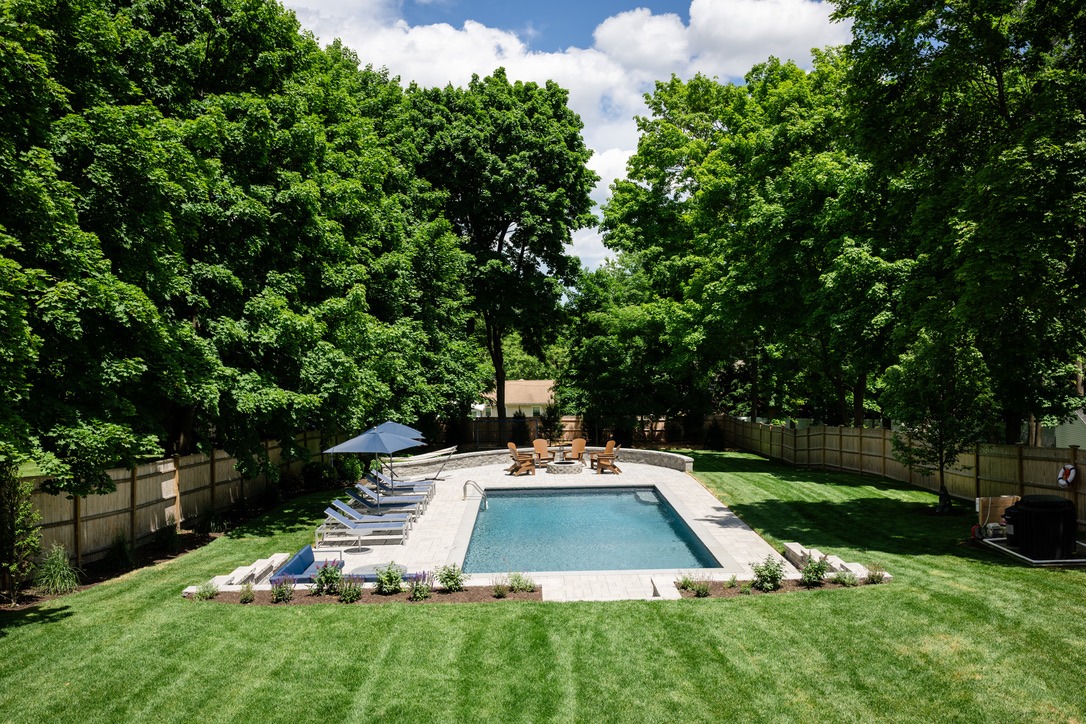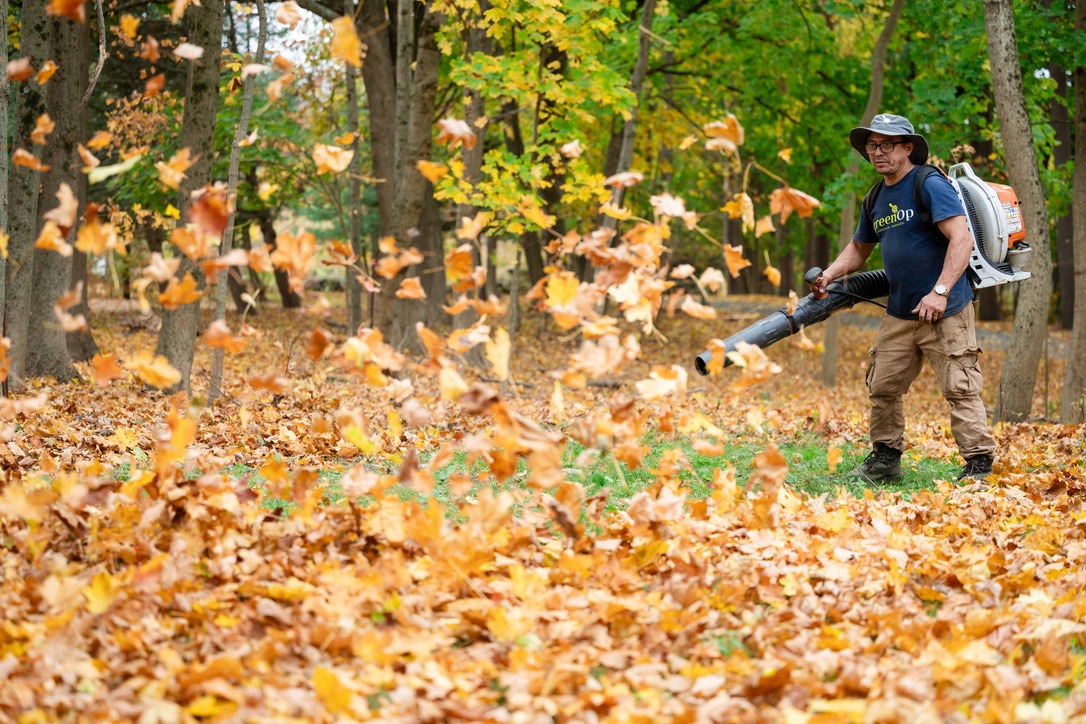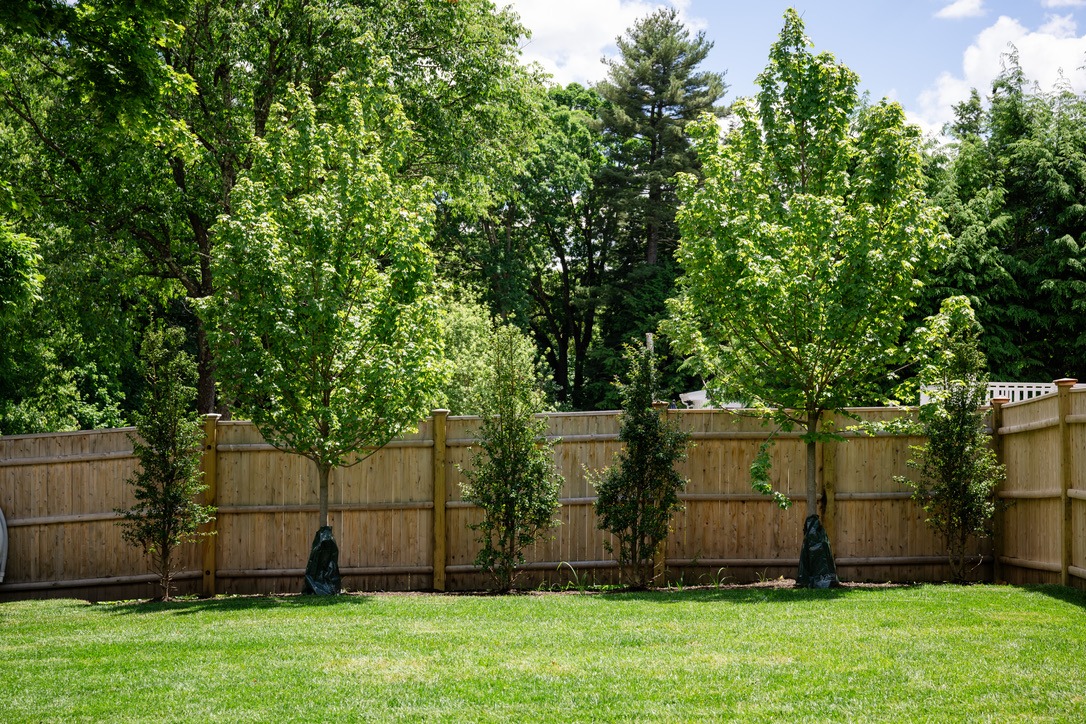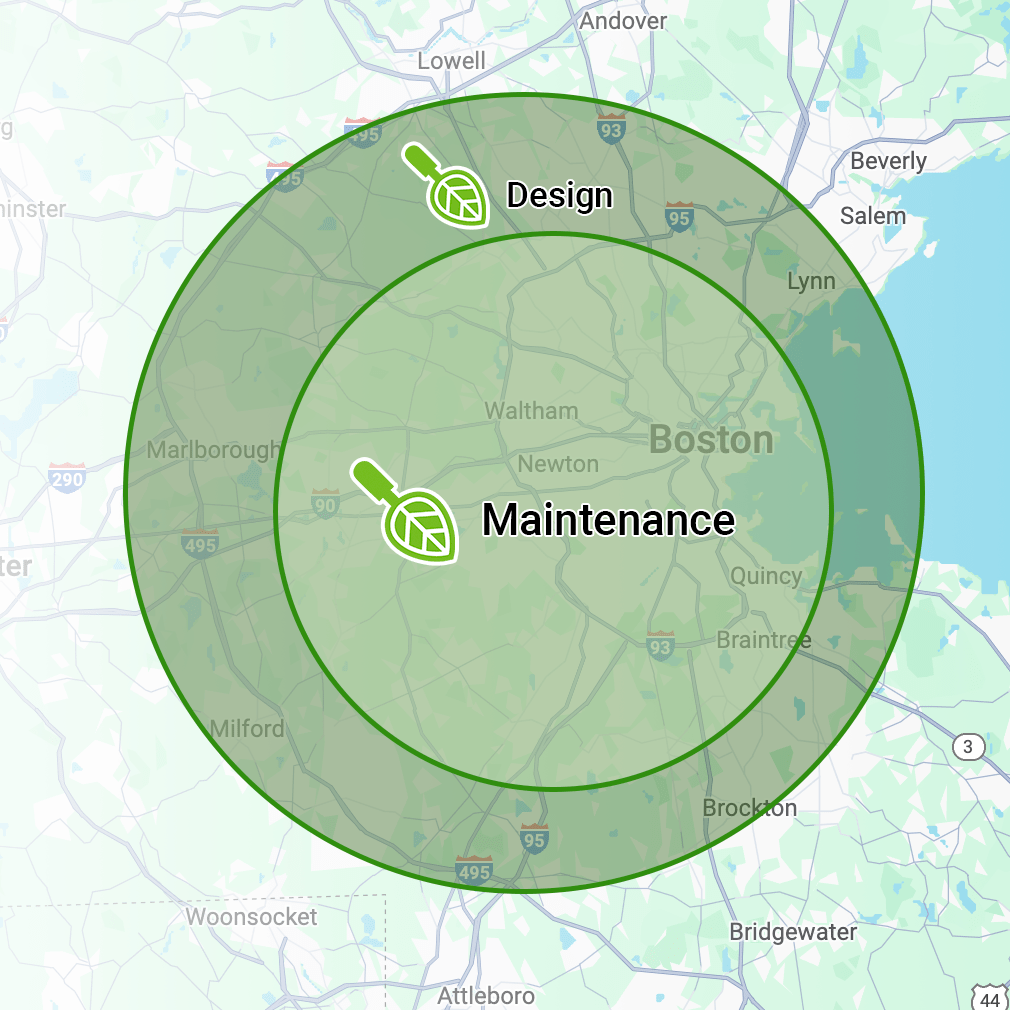Choosing the Right Professional for Landscaping in Dorchester, MA
When it comes to choosing a professional landscape contractor, there are several important guidelines to keep in mind. These guidelines will not only ensure that you find the right person for the job, but also that the work is done in a professional and timely manner.
Experience the Best Landscapers in Dorchester, MA
First and foremost, look at the experience of the contractor. This can be looked at in terms of how many years they have been in business, as well as the types of projects they have undertaken. Experience is often directly tied to expertise, so if you want high-quality work, an experienced contractor is a must.
Discover Top Landscaping Companies in Dorchester, MA
Make sure any potential contractor has the necessary licensing and certification. Having a license means that they meet minimum industry standards for knowledge and skill. In addition to this, some states require contractors to hold specific certifications to operate within their borders.
Hiring a Landscape Contractor in Dorchester, MA: What You Should Know
A professional landscape contractor should be able to provide references from previous clients. These references can give you an idea of what it’s like working with them and whether or not past clients were satisfied with their work.
Understanding the Pricing of Landscaping Services in Dorchester, MA
Different contractors will have different pricing structures. Some might charge by the project while others might charge by the hour. Make sure you understand how pricing works before signing any contracts.
- Check their experience and past projects.
- Verify their licensing and certification status.
- Ask for references from past customers.
- Understand their pricing structure.
Picking out a landscape contractor isn’t always easy, but by following these guidelines, you’ll be well on your way to finding someone who can bring your landscaping ideas to life professionally and efficiently.
Exploring the Landscape in Dorchester, MA: A Comprehensive Guide
In the competitive world of landscape contracting, it’s essential to stay ahead of the curve. This not only involves honing your skills and creativity in landscaping, but also enhancing your understanding of business principles. Many landscapers enroll in business classes to better manage their business, improve client relations, and increase profitability. Here are some key considerations landscapers and landscape contractors should take note of when attending business classes.
Understanding the Business Side
- Accounting: Knowing how to manage finances is crucial for any business owner. Learning about balance sheets, profit and loss statements, cash flows, and tax obligations can help you keep your financial health in check.
- Marketing: Marketing strategies help attract clients to your landscaping services. Understanding how to leverage different marketing channels like social media, email marketing, SEO can contribute significantly to your brand’s visibility.
- Management: Effective management techniques can help you lead your team efficiently while boosting productivity.
Market Research
- Industry Trends: Pay attention to the latest trends in landscaping. This will not only keep you updated but also provide inspiration for your projects.
- Client Demographics: Knowing who your customers are will aid you in personalizing services that meet their specific needs.
- Competitor Analysis: Analyzing what other landscapers are doing will give you insights on how to differentiate yourself.
Legal Considerations
- Licensing Requirements: Different jurisdictions may require specific licenses for operating a landscape contracting business. Make sure that you’re compliant with these requirements.
- Insurance Coverages: Understand what types of insurance coverage are necessary to protect your business, employees, and clients.
- Contracts: Contracts are a vital part of any business. Learning how to draft and interpret contracts can help avoid misunderstandings with clients.
Networking
- Build Relationships: Foster relationships with your classmates. They might prove to be valuable resources in the future.
- Exchange Ideas: Share experiences and ideas with other landscapers. This can give you fresh perspectives on how you can improve your services.
Landscape professionals who consider these points while attending business classes will be well-prepared to navigate the intricacies of running a successful landscaping enterprise. Not only would this provide a competitive edge but it will also result in improved service delivery, increased client satisfaction and ultimately, a prosperous landscaping business.
Exploring Landscape Design in Dorchester, MA
Understanding and properly managing pesticide use is a critical aspect of the landscaping business. It is not only crucial for the health and wellbeing of the landscape, but it’s also required by law. This article aims to provide landscapers with essential information about pesticide credits and contractor credits in landscaping.
Discovering Landscaping Companies Near Me
Pesticide credits, also known as pesticide points or continuing education units (CEUs), are awarded to landscapers who attend educational programs approved by their state’s Department of Agriculture. The purpose of these programs is to increase a landscaper’s knowledge about safe and effective pesticide use.
- Proper pesticide application techniques
- Understanding pesticide labels
- Types of pesticides and their specific uses
- Safe storage of pesticides
- Methods to minimize environmental impact
To maintain their license, landscapers typically need to earn a certain number of pesticide credits within a specified period. The exact requirements vary by state.
Importance of Contractor Credits
Contractor credits, on the other hand, are continuing education units (CEUs) that credentialed landscape contractors must earn to maintain their licensure or certification. Contractor credit programs help professionals stay up-to-date with industry standards, new technologies, and best practices in landscaping.
- Landscape design principles
- Irrigation management
- Soil science
- Plant selection
- Business management skills
Professional landscape contractors must be proactive in finding educational opportunities that offer these necessary credits. They can find such opportunities through professional associations, vocational schools, community colleges, trade shows, or online platforms offering courses in landscaping.
Legal Obligations for Landscapers
- Always make sure your training is up-to-date and your licensing is valid.
- Follow the regulations pertaining to the use, storage, and disposal of pesticides.
- Keep records of your pesticide use for the specified period required by your local laws.
The Benefits of Continuing Education
- Keeps professionals updated with the latest industry trends and changes
- Reduces chances of making errors that can have environmental or financial consequences
- Enhances reputation among clients as a knowledgeable and responsible professional
Landscaping isn’t just about keeping lawns green and gardens blooming. It’s about maintaining a sustainable ecosystem while creating beautiful spaces. By staying educated on topics like pesticide use and best practices in landscape management, landscapers can ensure they are doing their part to support this balance.
Comprehensive Guide to Lawn Care in Dorchester, MA
For professionals in the landscaping industry, passing the Landscape Contractor Exam is a significant step towards career advancement. To help you on your journey, we’ve crafted a comprehensive review series to assist in exam preparation. This series provides a complete overview of the topics covered in the exam and includes helpful study materials, tips, and tricks to increase your chances of success.
Overview of the Landscape Contractor Exam
- Horticulture: This includes plant identification, planting methods, pruning techniques, and plant nutrition.
- Design: Topics include landscape design principles, drawing interpretation, and understanding client needs.
- Construction: This section tests knowledge about landscape construction including grading, drainage systems, walkways, patios, and more.
- Maintenance: This involves understanding how to maintain landscapes over time through pruning, watering and fertilization.
What our Review Series Includes
- In-depth subject matter reviews: We cover every topic likely to be included in the exam. Each section comes with detailed explanations and real-world applications.
- Practice tests: Our practice tests mimic actual exam conditions so you can learn how to manage your time effectively while answering questions accurately.
- Study schedules: We provide customizable study schedules that are designed based on how much time you have before your exam date.
- Expert advice: Tips from professionals who have successfully passed this exam will give you an insider’s perspective.
Importance of Proper Preparation
Proper preparation is crucial when it comes to passing the Landscape Contractor Exam. Without adequate knowledge or understanding of key concepts in landscaping practices and principles, it can be challenging to pass this test. Preparing well for this exam would not only boost your confidence but also provide you with a solid foundation for your future career in landscaping.
- Familiarize yourself with the exam structure and question formats.
- Improve your understanding of key concepts.
- Apply what you’ve learned through practice tests.
Study Tips for Success
- Stay consistent: Create a regular study schedule and stick to it.
- Practice: Take as many practice tests as you can to familiarize yourself with the exam structure and format.
- Rest: Make sure to take breaks during your study sessions. Overworking yourself can diminish your ability to retain information.
By adhering closely to our comprehensive review series for landscape contractor exam preparation, we’re confident that you’ll be well-prepared for success on your exam day. Remember, it’s not just about passing the test—it’s also about laying a solid foundation of knowledge that will sustain your landscaping career in the long run.
Exploring the Work of Gardeners in Dorchester, MA
As the world becomes increasingly environmentally conscious, the landscape and green industry are expected to evolve significantly by 2025. Several emerging trends suggest that these businesses will play a crucial role in promoting sustainable and eco-friendly practices.
A Focus on Sustainability and Conservation
In the future, a key trend within the landscape industry will be a shift towards sustainability. Landscapers may start using materials that are easily renewable or recycled, reducing their overall environmental footprint. Additionally, they may design landscapes with conservation in mind, incorporating elements like rain gardens or native plants that require less water.
- Native Plant Landscaping: Using local plants adapted to regional climates can help reduce water usage and support local biodiversity.
- Water-efficient Irrigation: Efficient irrigation systems can minimize water waste while maintaining healthy landscapes.
- Organic Lawn Care: The use of organic fertilizers and pest control methods can reduce harmful chemical runoff into local ecosystems.
Increased Use of Technology
Technology is expected to play an increasing role in landscaping by 2025. For instance, landscapers might use drones to survey large properties or sophisticated software to create detailed digital models of proposed designs.
- Drones for Landscaping: These devices can help landscapers accurately measure properties for design planning.
- Software for Landscape Design: Advanced software tools allow landscapers to create realistic digital representations of their designs for clients.
- Smart Irrigation Systems: These systems use sensors and automation to provide optimal watering schedules based on real-time weather data.
Greater Emphasis on Outdoor Living Spaces
As people spend more time at home due to remote work arrangements, there’s an increasing demand for functional outdoor living spaces. By 2025, it’s projected we’ll see more landscapes designed as extensions of indoor living areas, with features like outdoor kitchens, fire pits, or even fully furnished patios.
- Outdoor Kitchens: A fully-equipped outdoor kitchen can make al fresco dining a regular occurrence.
- Fire Pits and Outdoor Fireplaces: These features can extend the use of outdoor spaces into chillier months.
- Outdoor Entertainment Spaces: From home theaters to play areas, landscapers may design landscapes to accommodate various forms of outdoor entertainment.
Rising Interest in Urban Gardening
Urban gardening is likely to become more popular by 2025, as city dwellers seek ways to connect with nature and source fresh produce. This could lead to increased demand for balcony, rooftop, or vertical gardens.
- Balcony and Rooftop Gardens: Even in limited space, these gardens can provide greenery and produce.
- Vertical Gardens: This type of garden optimizes space usage by growing plants on vertical surfaces.
By understanding these trends, landscape contractors and businesses can better position themselves for success in the future. These trends are not only favorable for business but also contribute significantly towards promoting environmental sustainability in our communities.



